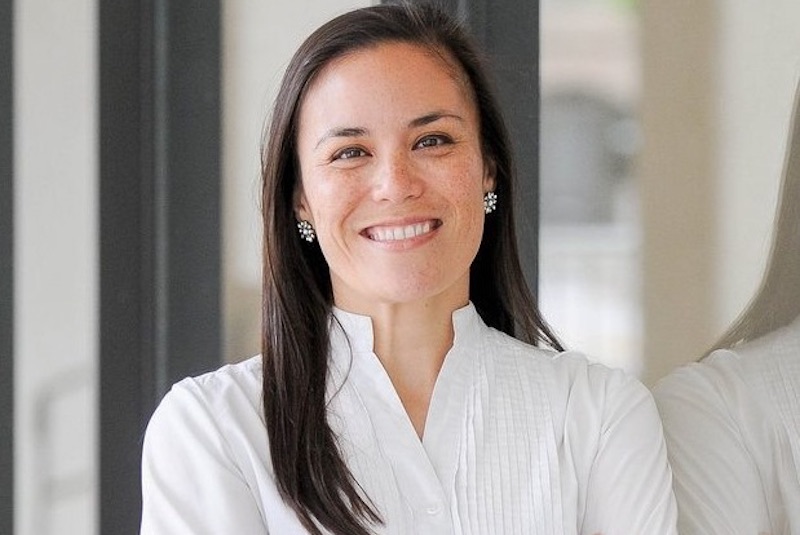Bhutan lawmakers vote to roll back part of anti-gay sodomy law
Penal code has been amended to clarify that same-sex relations don't violate prohibition on "unnatural sex"

Lawmakers in the nation of Bhutan have rolled back part of the country’s law criminalizing sodomy and other forms of “sexual conduct that is against the order of nature.”
Sixty-three lawmakers in the national Parliament voted to approve the changes, which will keep in place a line in the penal code criminalizing “unnatural sex,” but will add a sentence clarifying that “homosexuality between adults” does not meet that criteria, according to LGBTQ activist Tashi Tsheten, a founding member of the LGBTQ rights group Rainbow Bhutan.
The weakened law, which will ostensibly no longer be used to prosecute LGBTQ individuals, must be approved by Bhutan’s King, Jigme Khesar Namgyel Wangchuck, in order to go into effect. But most advocates expect the king to consent to the change in law.
The current penal code was introduced in 2004, four years before the country held its first elections as part of a transition from an absolute monarchy to a constitutional democracy. Much of the penal code was based on criminal laws in the United States, according to a recent legal analysis.
But the prohibitions on sodomy and “unnatural sex” appear to be copied from laws in other South Asian nations, including the Indian Penal Code, which has its roots in British colonialism and adopted Victorian-style social mores about human sexuality.
Individuals charged with violating the current law face penalties consistent with those levied for a petty misdemeanor, reports the International New York Times.
Interestingly, the biggest push to repeal or revoke part of the law criminalizing same-sex relations didn’t come from LGBTQ activists, but lawmakers who became concerned about the country’s struggling efforts to prevent the spread of HIV.
The country’s Health Ministry backed the change because it recognized that criminalizing same-sex relations would make groups at risk for HIV, including gay and bisexual men, less likely to get tested and into treatment for the virus, potentially exacerbating its spread.
Last year, when the penal code came up for review, Finance Minister Namgay Tshering — who previously worked for the Health Ministry and the World Bank — stood up in Parliament to call for repealing the outdated language.
“My primary reason is that this section is there since 2004 but it has become so redundant and has never been enforced,” Tshering said. “It is also an eyesore for international human rights bodies.”
See also: Trump’s global campaign to decriminalize homosexuality is a “sham”
While Tsheten, the LGBTQ activist, praised the amended statute, saying it “opens up a lot of doors” for the LGBTQ community, he also noted that the country has far to go before it can be considered LGBTQ-friendly. Stigma and discrimination against LGBTQ people is common, as is blackmail of those who are not out to family, friends, and co-workers.
“You get a very hostile sense,” Tsheten said, “that your friends or colleagues would not be supportive if you came out.”
Lawmakers’ approval of the new law “folds Bhutan into the global momentum toward recognizing equality for lesbian, gay, and bisexual people,” Kyle Knight, a senior researcher in the LGBT rights program at Human Rights Watch, told the Times.
However, he noted, “Bhutan till has significant work to do to ensure that the rights of people who have been long marginalized on the basis of their sexual orientation or gender identity are fully protected.”
Read more:
Pennsylvania man displays transphobic sign attacking Health Secretary Rachel Levine
Catholic archbishop of Mexico City expresses support for same-sex civil unions
Supreme Court allows same-sex parents to be listed on Indiana birth certificates
Support Metro Weekly’s Journalism
These are challenging times for news organizations. And yet it’s crucial we stay active and provide vital resources and information to both our local readers and the world. So won’t you please take a moment and consider supporting Metro Weekly with a membership? For as little as $5 a month, you can help ensure Metro Weekly magazine and MetroWeekly.com remain free, viable resources as we provide the best, most diverse, culturally-resonant LGBTQ coverage in both the D.C. region and around the world. Memberships come with exclusive perks and discounts, your own personal digital delivery of each week’s magazine (and an archive), access to our Member's Lounge when it launches this fall, and exclusive members-only items like Metro Weekly Membership Mugs and Tote Bags! Check out all our membership levels here and please join us today!





























You must be logged in to post a comment.